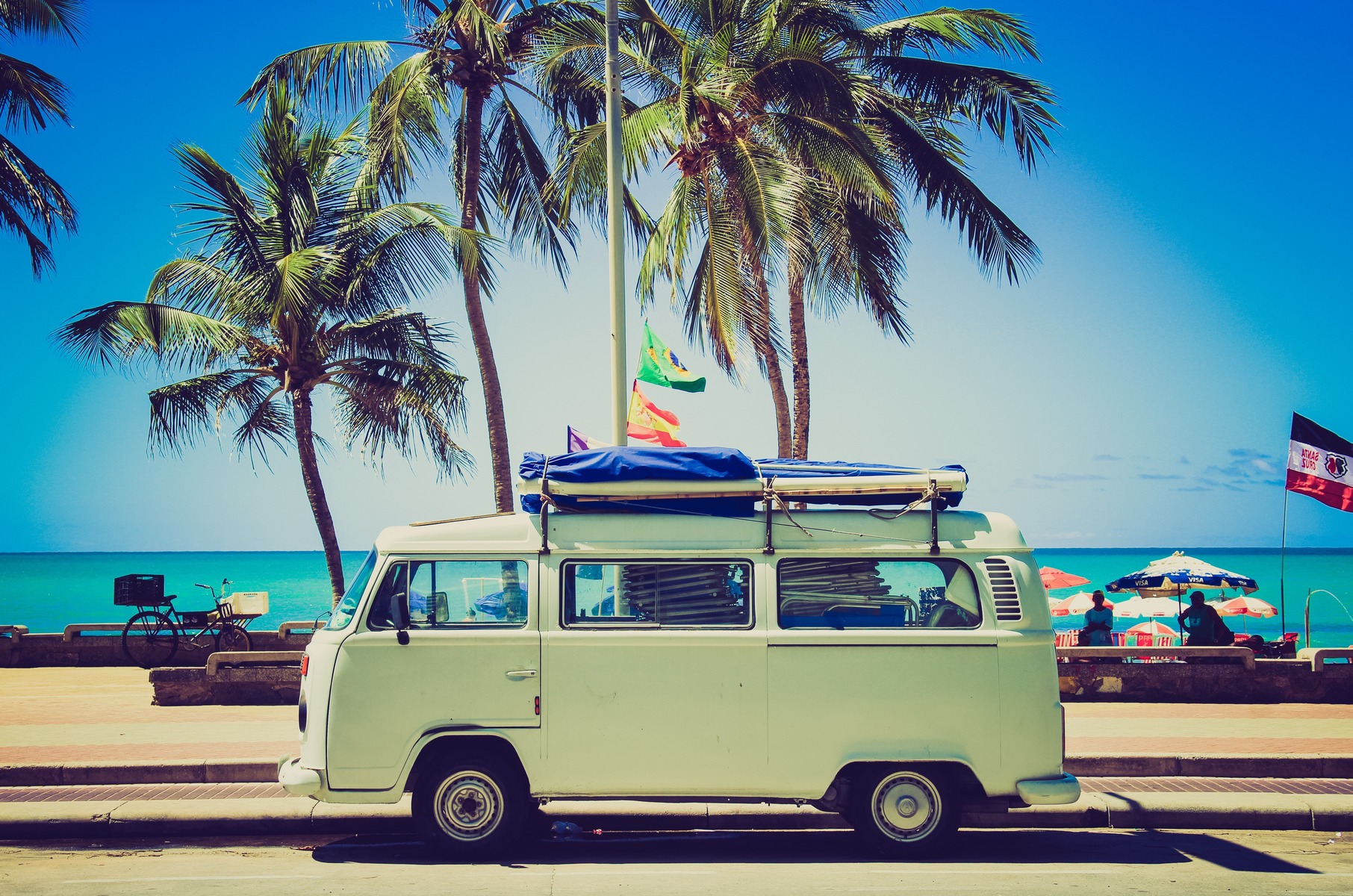Travel dates back to antiquity where wealthy Greeks and Romans would travel for leisure to their summer homes and villas in cities such as Pompeii and Baiae. While early travel tended to be slower, more dangerous, and more dominated by trade and migration, cultural and technological advances over many years have tended to mean that travel has become easier and more accessible.Mankind has come a long way in transportation since Christopher Columbus sailed to the new world from Spain in 1492, an expedition which took over 10 weeks to arrive at the final destination; to the 21st century where aircraft allow travel from Spain to the United States overnight.
Travel in the Middle Ages offered hardships and challenges, however, it was important to the economy and to society. The wholesale sector depended (for example) on merchants dealing with/through caravans or sea-voyagers, end-user retailing often demanded the services of many itinerant peddlers wandering from village to hamlet, gyrovagues (Wandering Monks) and wandering friars brought theology and pastoral support to neglected areas, travelling minstrels practiced the never-ending tour, and armies ranged far and wide in various crusades and in sundry other wars. Pilgrimages were common in both the European and Islamic world and involved streams of travellers both locally (Canterbury Tales-style) and internationally.

